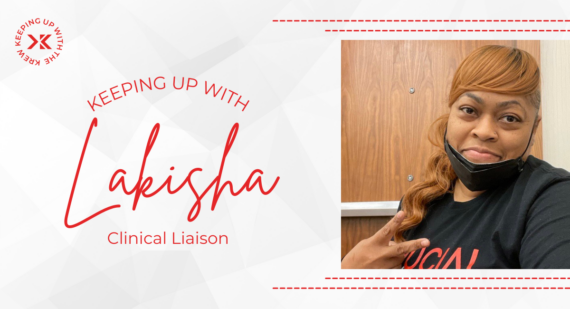
How to Obtain a Nursing Compact License
By: Maria Blong
“How do I get a compact license?” is probably one of Krucial’s most-asked questions, following right behind “How do I apply for this job?” and “Are you deploying yet?”
It’s obvious why – obtaining a compact license, an NLC, or a multi-state license (however you like to call it) broadens a nurse’s job search by allowing them to work in their home state and in other compact states in the U.S. This bodes well for someone of nomadic nature or a person looking to try on a new home base. Whatever the reason, having a compact license gives a RNs/LPNs/VNs a little more flexibility and eligibility to accept a dream position.
Pre-Requisites to Applying for NLC
While many are eager to have one, there are quite a few pre-requisites prior to applying for an NLC. So, before we hop into the official checklist, here are a couple of reminders:
- Multi-state licenses are available to nurses (RNs) and licensed practical/vocational nurses (LPN/VNs).
- Applicants will be asked to provide proof of residency during the application process. The applicant’s PSOR (Primary State of Residence) will be verified through legal sources such as a driver’s license, federal income tax return, or voter registration.
- Note: Home ownership does not equal residency.
- An applicant must have a current and active license in the same compact state.
- If an applicant lives in a compact state, it doesn’t mean they automatically have a multi-state license – an applicant must apply and be approved by their state board of nursing prior to practicing outside their home state.
- Reciprocity and NLC are not the same. Reciprocity transfers someone’s license from one state to another and is typically allowed for emergency situations. NLC is a license that allows a person to practice in other compact states.
Steps to Apply for an NLC
Now that those qualifiers are established, let’s get into it! According to Trusted Health, every applicant must meet the Uniform Licensure Requirements for a Multi-State License. The requirements are as follows.
- Confirm that your state is an active compact state.
- Currently, there are 40+ active compact states. To view a complete and updated list, check out Compact Nursing States List.
- Either have graduated from a board-approved education program or an international education program that has been approved by the respective nation’s accrediting body and an independent review agency.
- Passed an English proficiency exam/TOEFL exam (if English is not your native tongue).
- Passed the NCLEX-RN or NCLEX-PN.
- Eligible for or holds an active, unencumbered license.
- Submitted state and federal fingerprint-based background checks.
- Not convicted or found guilty of a felony.
- Have no misdemeanors or convictions related to the practice of nursing.
- Not currently a participant in an alternative program.
- Required to self-disclose any current participation in an alternative program.
- Has a valid US social security number.
If an applicant meets all of the requirements above, they can move forward with applying for a multi-state license on their state board of nursing website. Some applications may require an applicant to take a test or pay a fee to obtain a compact license.
Each state’s turnaround time for accepting or denying a multi-state license varies. If an applicant plans on accepting a travel job or moving to a new state, they must take this into consideration. American Traveler is an excellent resource on the general time frames for obtaining permanent compact licensure from state to state.
Another piece to keep in mind is temporary licensing – some positions do not accept temporary licenses while an applicant waits for their permanent license to be approved/arrive in the mail.
If a nurse is hoping to work with Krucial Rapid Response, they may contact our Recruitment Team at 913-318-3448 to ask more detailed questions about an NLC.



